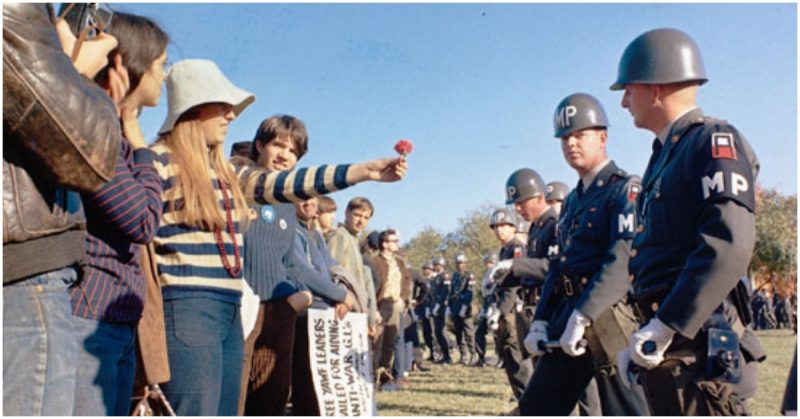Protest and anti-war songs were a big part of the culture of the 1960s. While many great protest songs were written before and after, the songs from the 1960s are the ones that most often come to mind when we think of protest songs.
However, there were others which date from the period spanning the beginning of the Second World War to the end of the late sixties when the feelings against the Vietnam War became more widespread.
Unlike the Second World War, the Vietnam War divided the country. Some believed America needed to fight while others felt it was a waste of life on both sides of the conflict.
The Second World War, on the other hand, seemed to unite and inspire feelings of nationality. The majority of the songs of that era focus on homesickness and the need to do one’s duty. Of course, that doesn’t mean there was no protest. There was, and it generated some quite satirical songs.
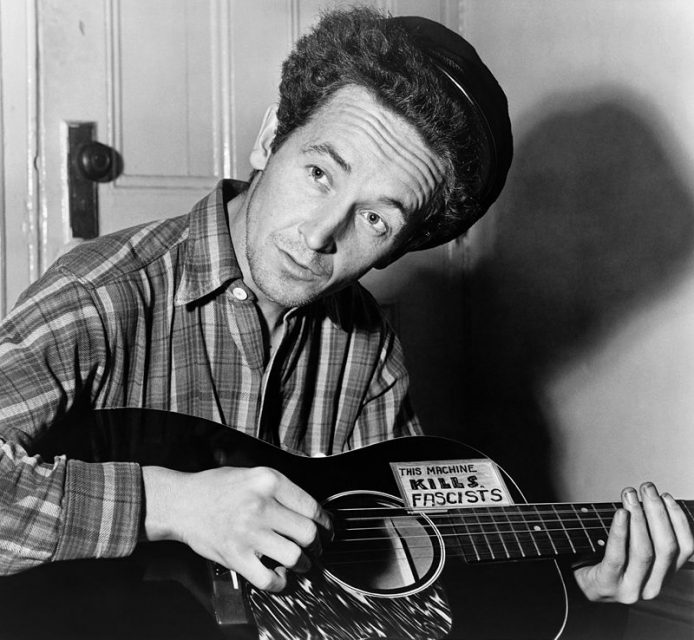
War in Europe
Jaimie Foyers is an early song by Scottish folksinger Ewan McColl. The exact date of its composition is unknown, but it appears to have been written sometime between 1937 and 1939. McColl was an important figure in the folk music revival of the 1950s and 1960s. He went on to write a number of popular protest songs, but this is one of his earliest examples.
It tells the story of Jamie Foyers, a young Scottish man who joins the International brigade and goes to fight in Spain. The song is actually based on an older song from the 19th Century set during the period of the peninsula wars (1807 – 1814). Scottish Soldiers were killed supporting their Spanish allies.
Perhaps by linking the two events together, McColl was drawing attention to the way the history keeps repeating itself.
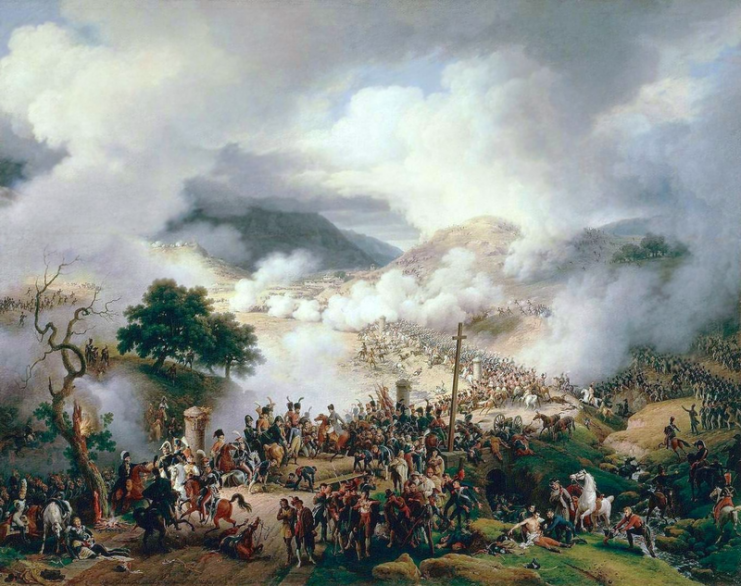
Blood on the Risers dates from the Second World War, around 1942. The original author of the song is unknown.
It describes, rather graphically but with a large dose of gallows humor, the danger of young, inadequately trained recruits being put in a life-threatening situation — in this case, a fatal helicopter jump. It is usually described as a paratrooper song and may have evolved from communal singing being passed between different units.
The chorus plays on the words of the Battle Hymn of the Republic, and comical language is used to describe the paratrooper’s rather gory end as he falls to his death. This is a good example of the way soldiers often used humor to deal with difficult subjects.
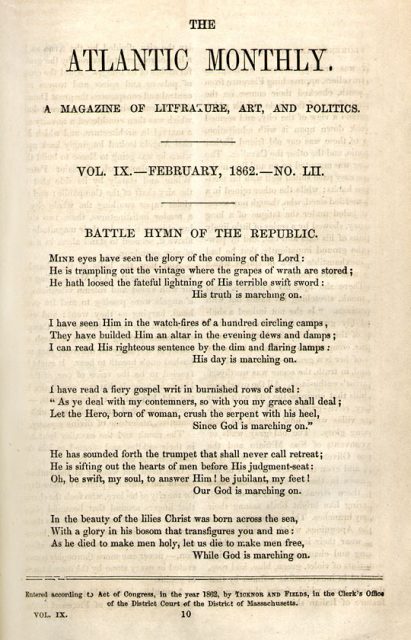
The D-Day Dodgers is a satirical protest song written by Harry Pym in 1945. But it is not about soldiers avoiding duty on D-Day as the name suggests. The term “D-Day Dodgers” is used ironically. Many soldiers who served in Italy felt that their contribution to the war and their sacrifices were being overlooked because they did not take part in the D-day Normandy Landings.
The song refers to suggestions that the soldier sent to Italy had a soft option. The reality was that many soldiers in Italy were injured and killed. Those who found themselves there had been sent to do what was required, so there was no question that they were dodging other more dangerous duties.
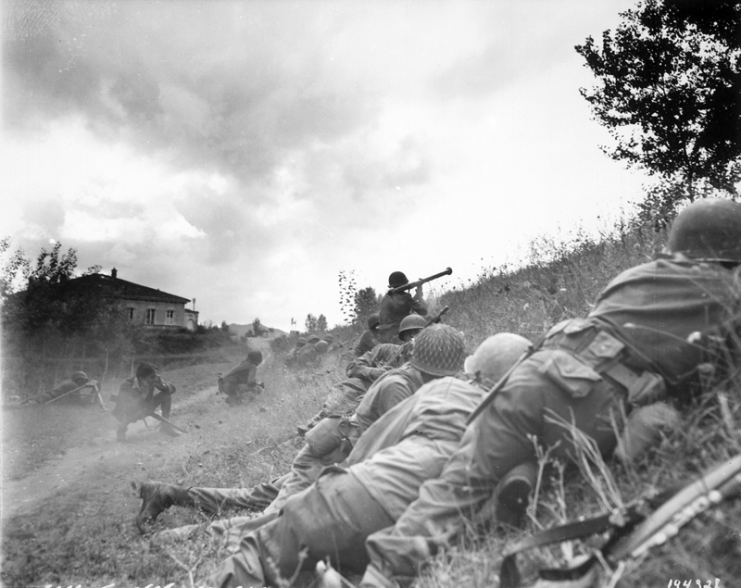
General Anti War protest songs
During the 50s and early 60s, many of the protest songs were about promoting peace and focused on war in general rather than a particular conflict.
A few classics from this era included Ed McCurdy’s Last Night I Had the Strangest Dream which describes a dream where all weapons were laid down and everyone signed an agreement to stop going to war. The song became popular and was covered by a whole range of artists including Bruce Springsteen, John Denver, Joan Baez, and Johnny Cash.
Pete Seeger, who penned many political and protests songs, wrote Where Have All the Flowers Gone in 1955. The original version of the song by Seeger only had three verses. The last three verses were added later by Joe Hickson in 1960.
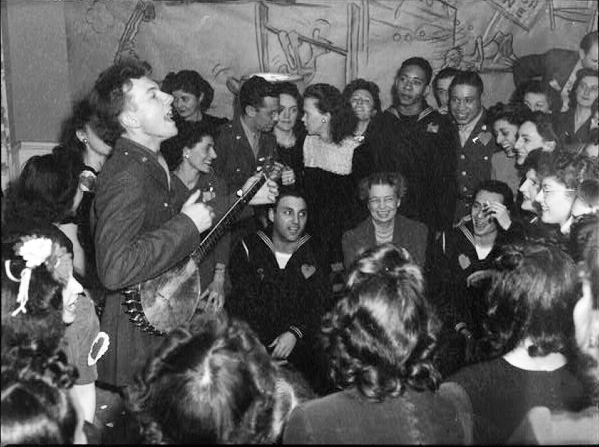
The song remains a favorite in the folk repertoire and, in 2010, was listed by the New Statesman Magazine as one the top twenty protest songs.
It was in 1962 that Bob Dylan penned what is probably the most well-known protest song – Blowin’ in the Wind. The song covers broader issues but also includes references to cannonballs being fired, so it is seen as an anti-war song as well as a general protest song.
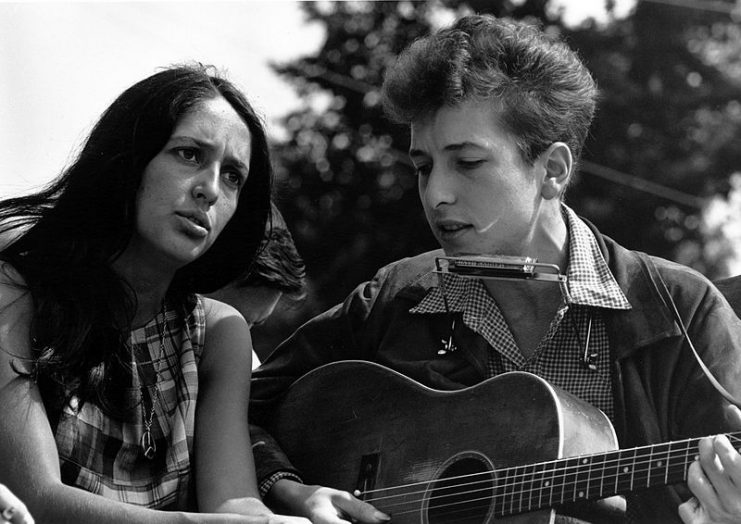
The Vietnam War Era
Although the Vietnam War lasted from 1955 to 1975, the conflict escalated throughout the 1960s, as did the anti-war sentiment. The war inspired many protest songs, some of which alluded to Vietnam more directly than others.
One of the major protest songwriters of the period was American singer-songwriter, Phil Ochs. His songs included I Ain’t Marchin No More and the Draft Dodger Rag. Ochs often used humor to get his message across.
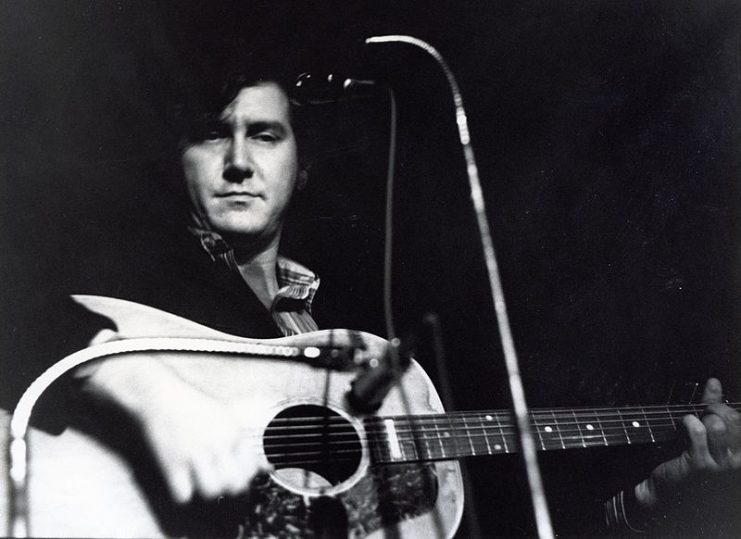
Ochs’s Draft Dodger Rag was covered in 1965 by another major protest songwriter, Pete Seeger. Seeger wrote a number of anti-war songs including his 1967 song Waist Deep in the Big Muddy. Although clearly inspired by current events, Seeger’s song is set earlier in 1942.
The song focusses on a troop on military practice. The captain pushes his troops on and on to into deeper danger in the Louisiana River. The scenario described in the song is similar to an incident which took place in 1956 in the River Creek in South Carolina.
However, the song most closely associated with the Vietnam War must be Fortunate Sons recorded by Credence Clearwater Revival in 1969. The song centers around the marriage of former President Eisenhower’s grandson to the daughter of president-elect, Richard Nixon.
Read another story from us: The Times They Are A Changin’ Drugs, Music, & The Vietnam War
The song is not just about the war but about the unfairness of the extent to which privilege played a role in deciding who went to war and who didn’t. With so many of the young recruits coming from poor working class backgrounds as well as a disproportionate number of young African Americans being called to fight, it was a song many of the conscripted soldiers could relate to.
